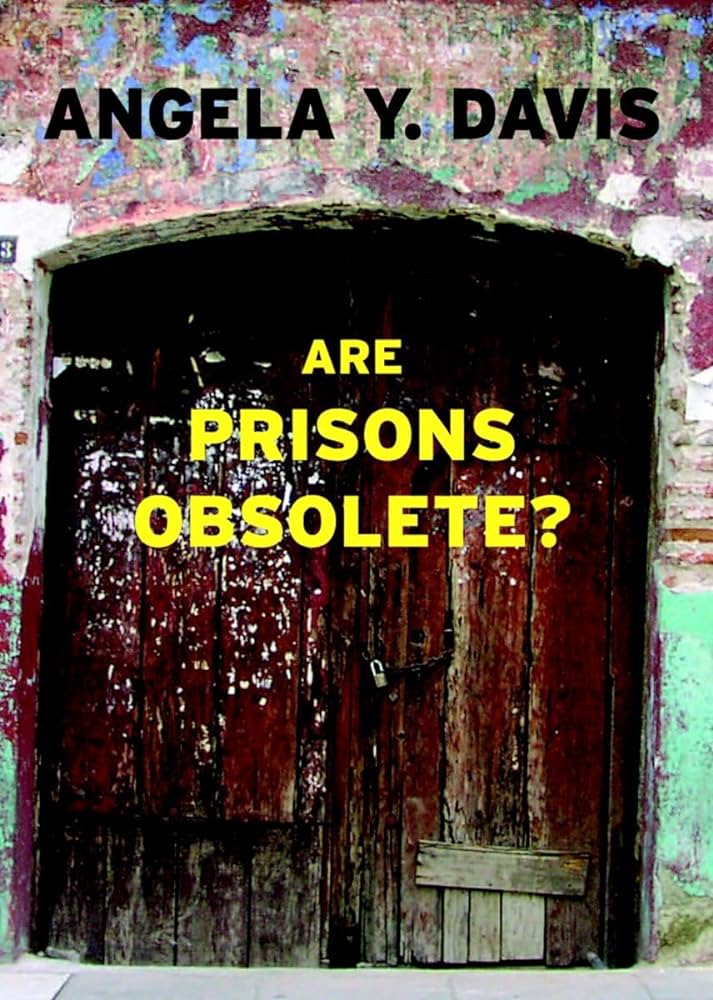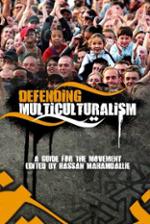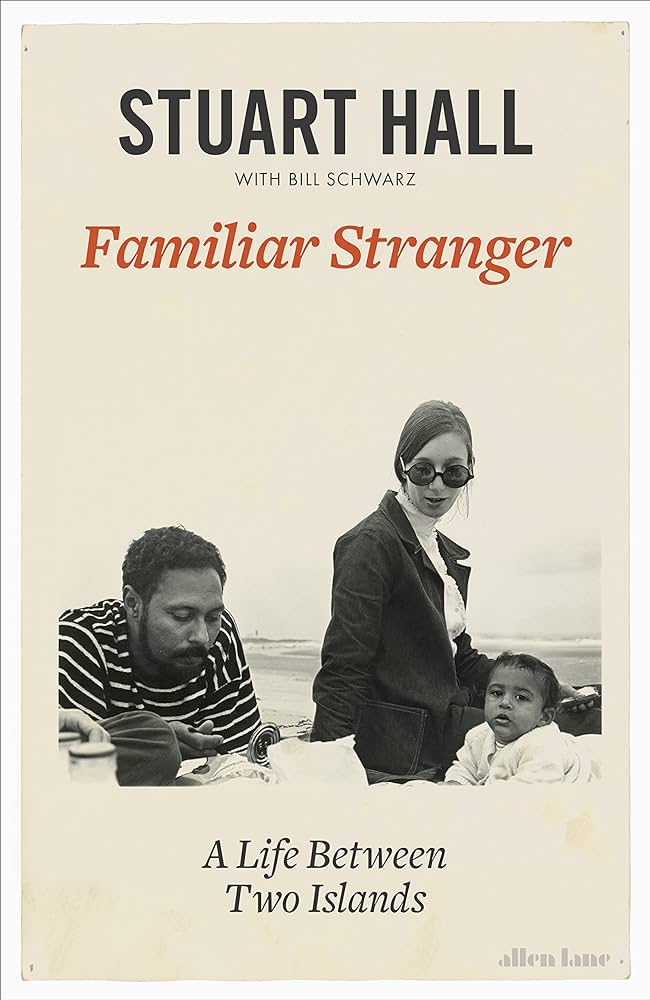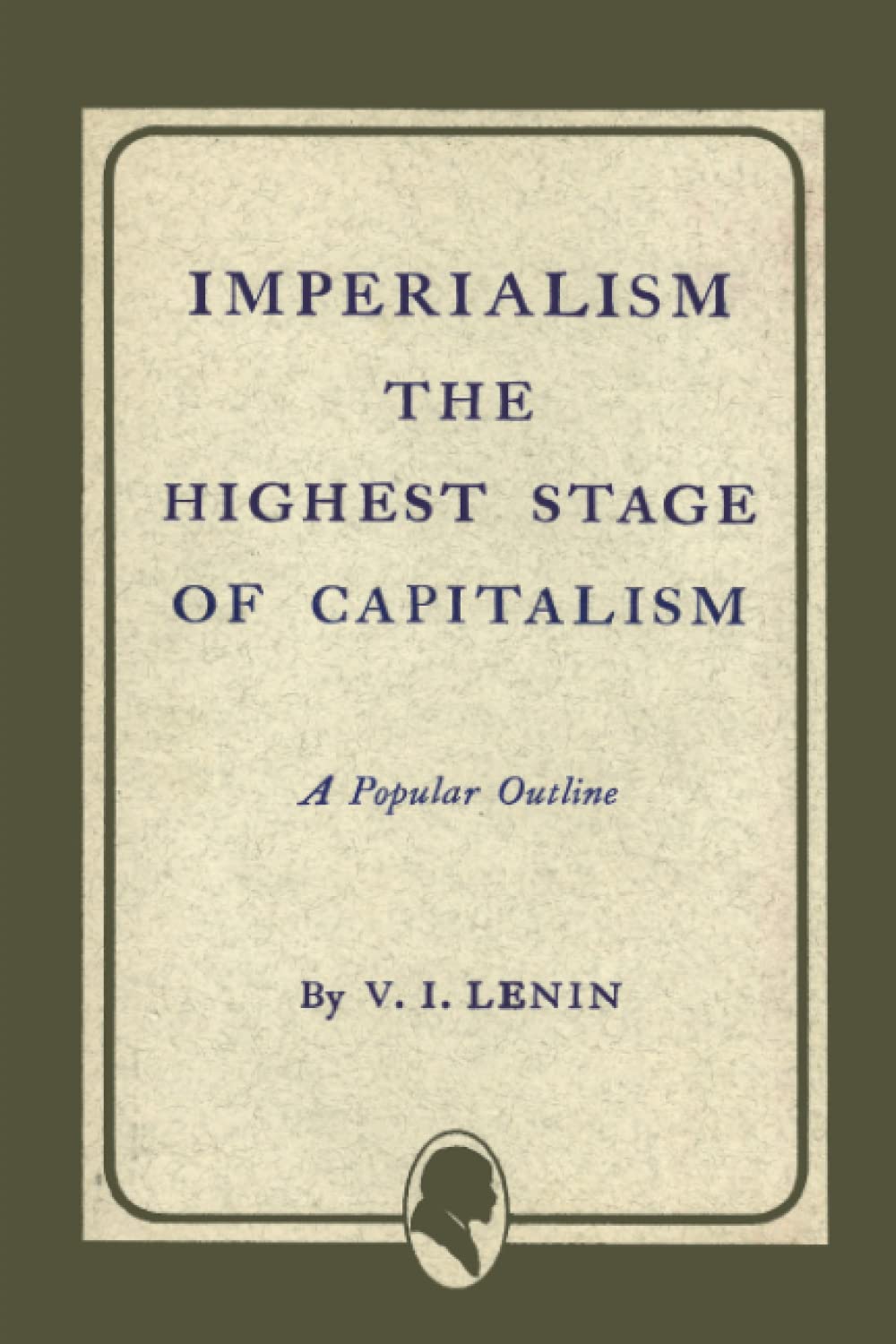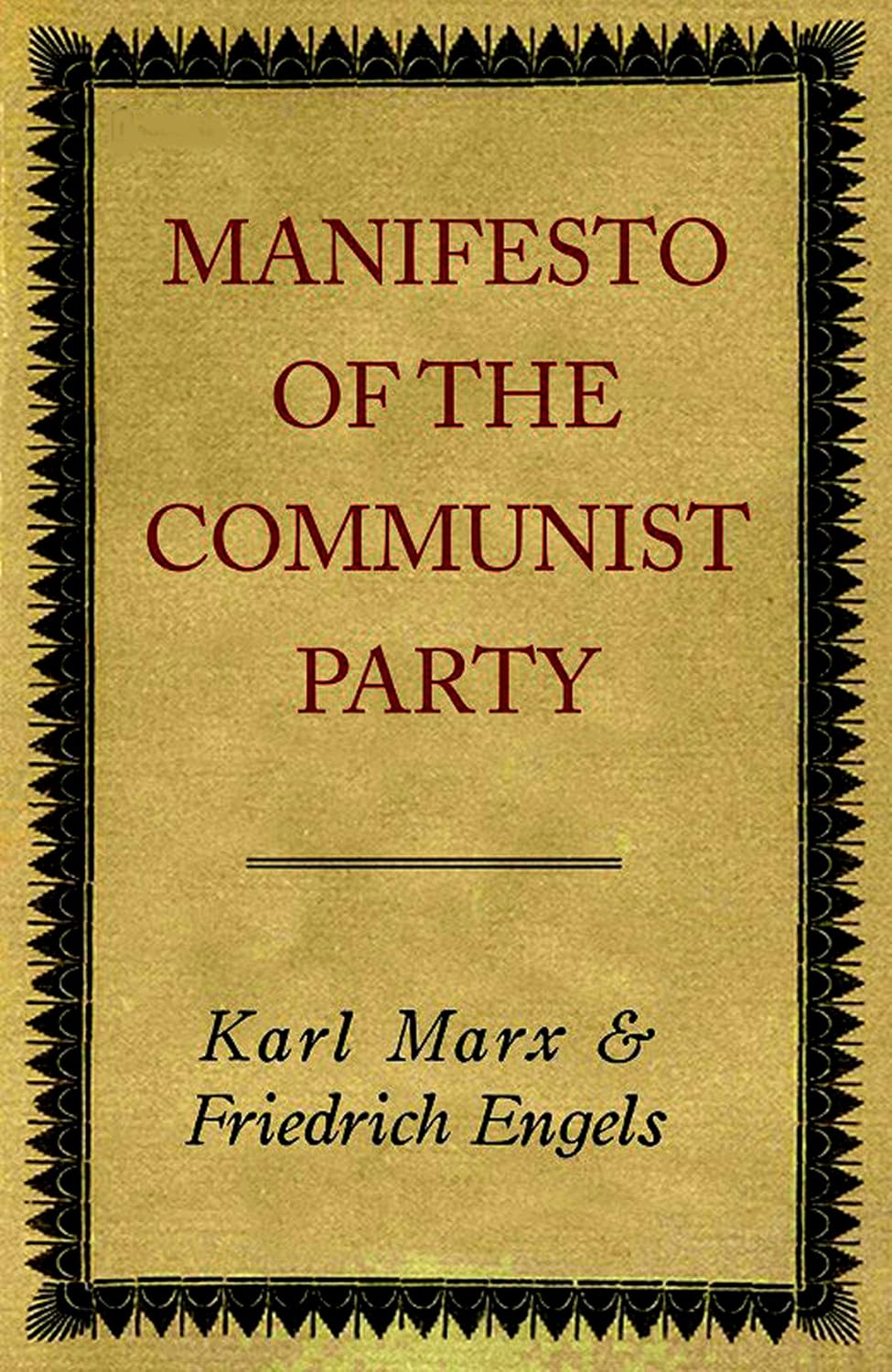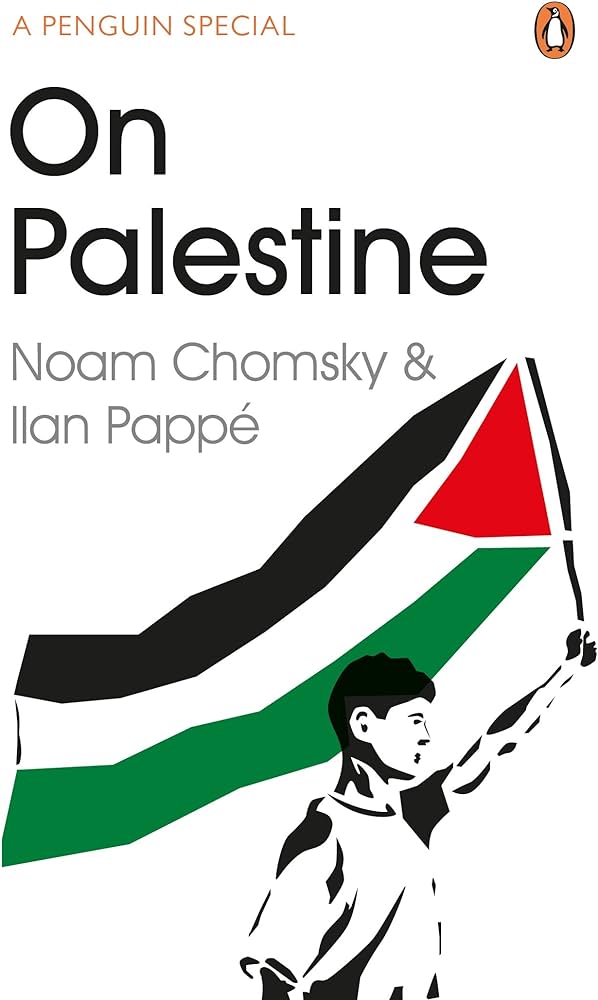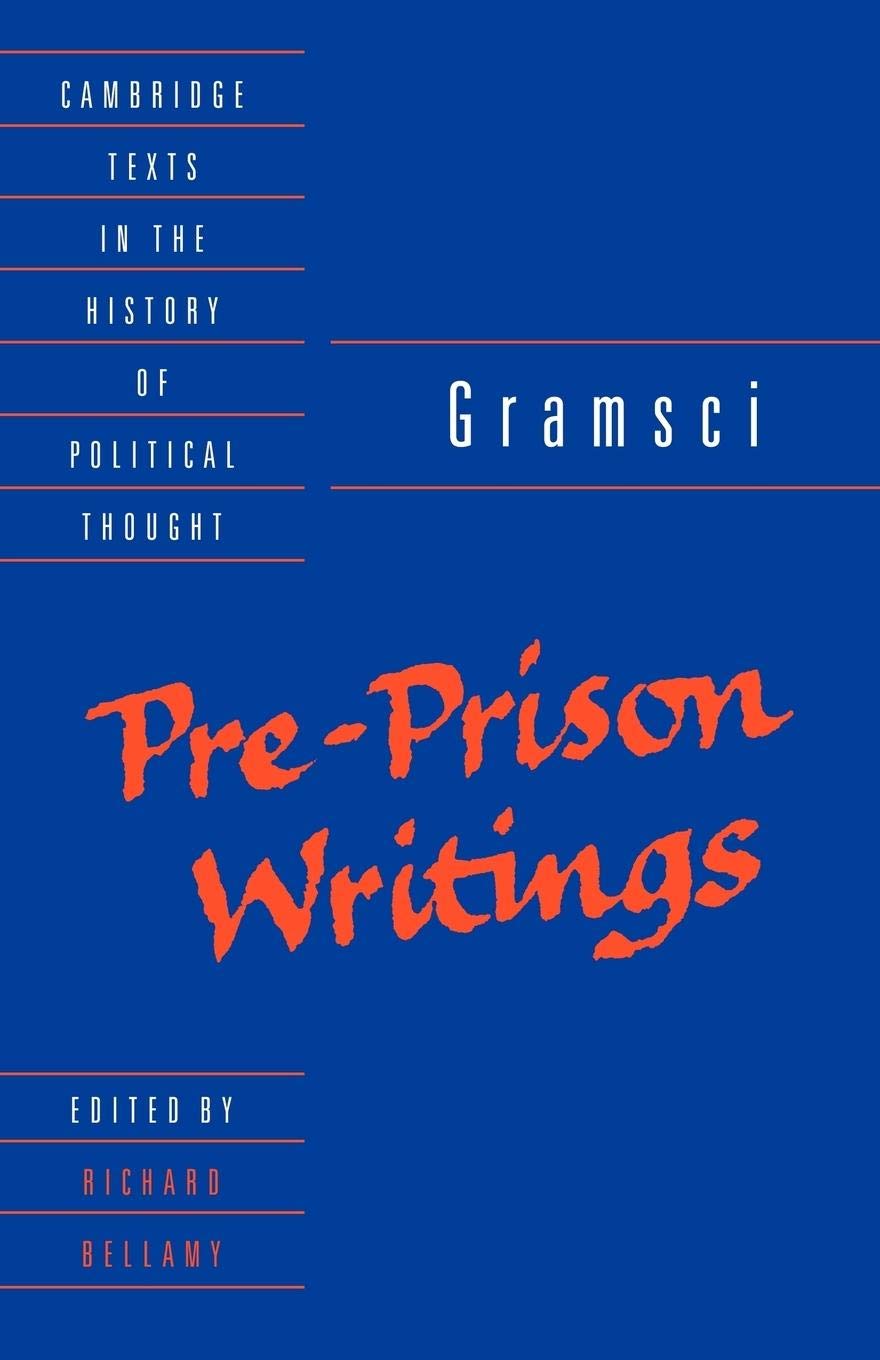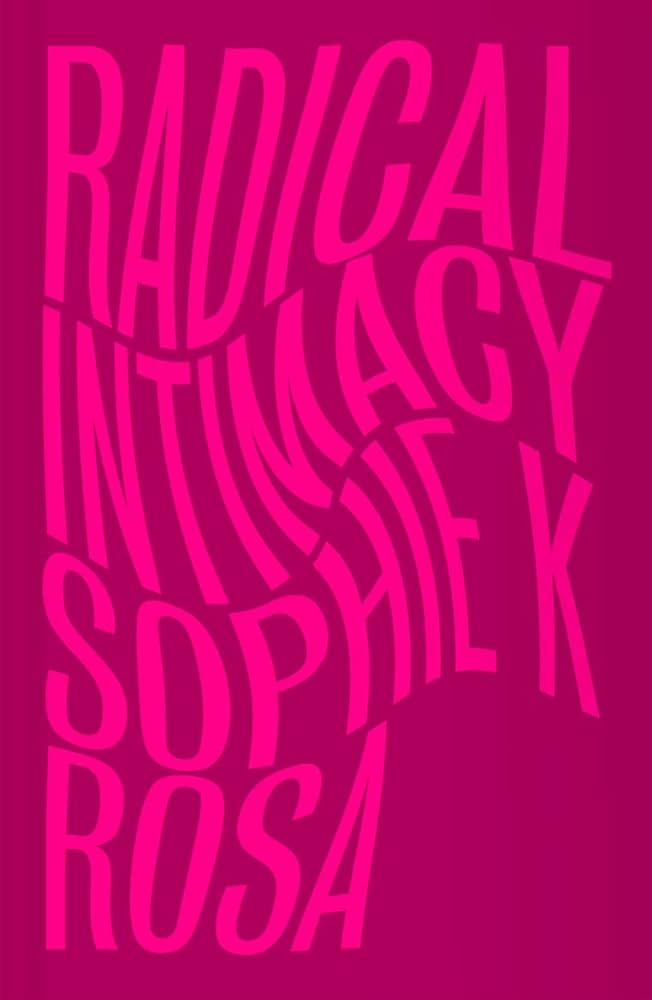Since the 1980s prison construction and incarceration rates in the U.S. have been rising exponentially, evoking huge public concern about their proliferation, their recent privatisation and their promise of enormous profits. But these prisons house hugely disproportionate numbers of people of colour, betraying the racism embedded in the system, while studies show that increasing prison sentences has had no effect on crime. Here, esteemed civil rights activist Angela Davis lays bare the situation and argues for a radical rethinking of our rehabilitation programmes.
A vibrant, hard-hitting and informative collection of essays that sets out to defend Britain's multicultural way of life. The contributors challenge David Cameron and others' assertions that multiculturalism is to blame for dividing society. The best thinkers and writers in politics, academia and activism tackle questions such as 'Has Multiculturalism Failed?' 'The Threat of the English Defence League' and 'Are the White Working Class Excluded?'. This accessible book is a must have for all those who want to celebrate, defend and extend Britain's diverse society.
This, in his own words, is the extraordinary story of the life and career of Stuart Hall—how his experiences shaped his intellectual, political, and theoretical work and how he became one of his age's brightest intellectual lights.
All too often the focus of mainstream feminism is not on basic survival for the many, but on increasing privilege for the few.
Meeting basic needs is a feminist issue. Food insecurity, the living wage and access to education are feminist issues. The fight against racism, ableism and transmisogyny are all feminist issues.
White feminists often fail to see how race, class, sexual orientation and disability intersect with gender. How can feminists stand in solidarity as a movement when there is a distinct likelihood that some women are oppressing others?
Insightful, incendiary and ultimately hopeful, Hood Feminism is both an irrefutable indictment of a movement in flux and also clear-eyed assessment of how to save it.
Globalisation is seen as a recent development, yet the trend towards this phenomenon was identified as long ago as 1916, in Lenin’s now classic work Imperialism, he accounts for the increasing importance of the world market in the twentieth century.
The concept of imperialism lies at the very heart of Marxist analysis and debate and Lenin offers a prescient scenario of a world shaken by competitive instability, war and crisis, dominated by monopolies, the merging of finance and industrial capital, and fierce territorial competition. It’s relevance is now greater than ever.
The Communist Manifesto, originally the Manifesto of the Communist Party, is a political pamphlet written by Karl Marx and Friedrich Engels. It was commissioned by the Communist League and published in London in 1848.
What is the future of the Boycott, Divestment, and Sanctions movement directed at Israel? Which is more viable, the binational or one state solution? Noam Chomsky and Ilan Pappé discuss the road ahead for Palestinians and how the international community can pressure Israel to end its human rights abuses against the people of Palestine in this urgent and timely book, a sequel to their acclaimed Gaza in Crisis.
"I think this is one of the most important books ever done about the South... Tony Dunbar has documented what many students of the South have proclaimed: the fact that poor white people and poor black people, though separated and alienated from each other through history, have identical economic and political interests, and essentially the same set of enemies - a society which has neglected their basic needs." - Patt Watters
......................This 1994 collection of Gramsci's pre-prison writings, translated and including a number of pieces not previously available in English, covers the whole gamut of his journalistic activity, ranging from general cultural criticism to commentaries on local, national and international events. These early articles reveal the genesis of many of the themes of the Prison Notebooks, such as the function of intellectuals, the importance of cultural hegemony in holding societies together, and the role of the party in organising a revolutionary consciousness.
Capitalist ideology wants us to believe that there is an optimal way to live. 'Making connections' means networking for work. Our emotional needs are to be fulfilled by a single romantic partner, and self-care equates to taking personal responsibility for our suffering. We must be productive and heterosexual, we must have babies and buy a house. But the kicker is most people cannot and do not want to achieve all, or any of these life goals. Instead we are left feeling atomised, exhausted and disempowered. Radical Intimacy shows that it doesn't need to be this way. A punchy and impassioned account of inspiring ideas about alternative ways to live, Sophie K Rosa demands we use our radical imagination to discover a new form of intimacy and to transform our personal lives and in turn society as a whole. Including critiques of the 'wellness' industry that ignores rising poverty rates, the mental health crisis and racist and misogynist state violence; transcending love and sex under capitalism to move towards feminist, decolonial and queer thinking; asking whether we should abolish the family; interrogating the framing of ageing and death and much more, Radical Intimacy is the compassionate antidote to a callous society.

